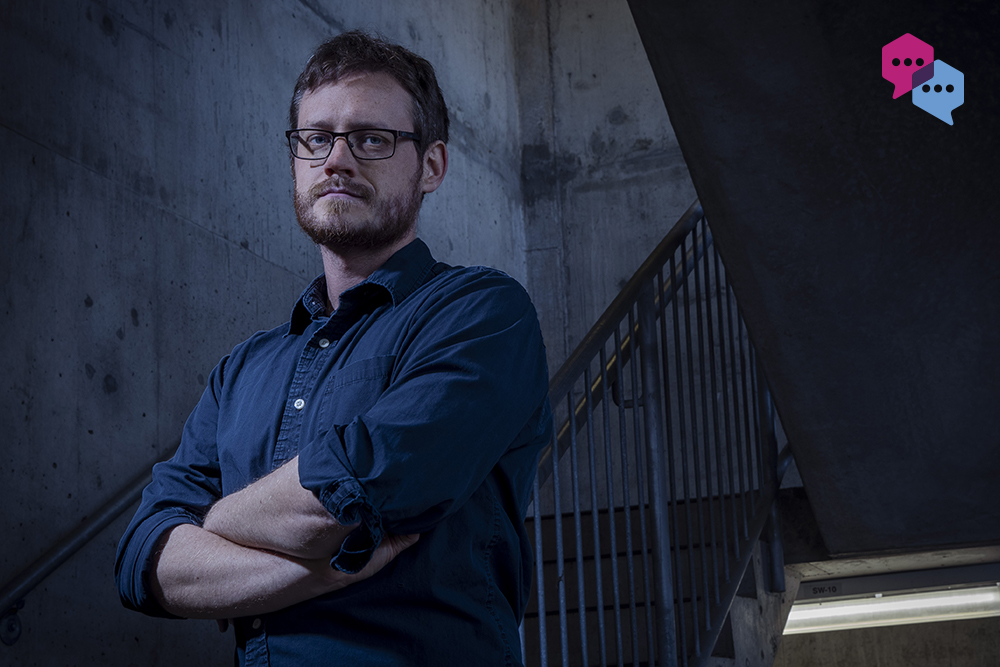Scott Duxbury is an assistant professor in the Department of Sociology within the UNC College of Arts and Sciences. He studies complex systems, with a focus on identifying vulnerabilities in online drug markets and developing policing tactics that can help curb drug flow without imposing additional social damage to affected communities.
Q: How did you discover your specific field of study?
A: My research on online drug markets started when I was finishing my undergraduate degree. I went to a regional public university that didn’t have a lot of research opportunities for undergraduates. I wanted to get involved in research but couldn’t find a professor to work with. Eventually, I decided I’d have more luck designing my own project. This led to my first research project on online drug discussion boards.
Around the time I was starting this research in 2013-14, a lot of designer substances were hitting the drug market with no real regulations. Famous examples were synthetic cannabinoids like K-2 and spice and cathinones like “bath salts.” Online discussion boards developed as users tried to systematize their experiences with the drugs, in part to promote harm reduction among consumers. My undergraduate research sought to understand those communities and the types of knowledge exchange they engaged in. From there, the segue to studying the online drug markets where many of these substances were purchased was a pretty smooth one.
Q: Academics are problem-solvers. Describe a research challenge you’ve faced and how you overcame it.
A: One of the biggest challenges in the world of criminology is getting accurate information on illegal markets of any kind. Unsurprisingly, people involved in illegal trade usually don’t want to share records of their involvement. Most of my research tries to overcome this basic problem in creative ways, like using social simulations or scraping data from online illegal markets that can be monitored in real-time.
Q: Describe your research in five words.
A: Policing drug markets, not consumers.
Q: Who or what inspires you? Why?
A: I don’t know. John Prine. Rivers. Woods. I feel most inspired when given the chance to reflect. In terms of sources of inspiration, probably my wife or my friends from graduate school. I take great pride in seeing how much they’ve accomplished in the years I’ve known them. Their success motivates me and pushes me to try to be better.
Q: If you could pursue any other career, what would it be and why?
A: I would probably either try to be a professor of computer science, political science, or anthropology. Whether I would be successful in any of those fields, who knows?


